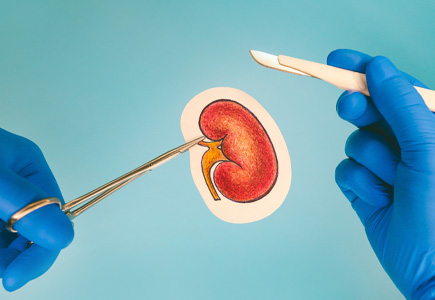
Cuvis Robot: Pioneering Precision in Joint Replacements
2023-10-26

Changing Lives: The Heartbeat of Hope
in India's Transplant Revolution
2024-01-04

Heart - Lung Transplants: The Extraordinary Tale
2024-01-04

Marengo CIMS' Historic Bloodless Heart Transplant Paves the Way for a New Era in Organ Transplantation
2024-01-04

The Lifesaving Marvel of Heart Transplants: A Journey Beyond Limits
2024-01-04

What Are The Important Facts To Know About Kidney Transplant Surgery
2024-04-16

Unlocking The Secrets To a Beautiful Smile Tips From Top Dentists
2024-04-16

Understanding Endocrinology
2024-04-16

The Role of Supportive Care In Cancer Treatment
2024-04-16

Orthopedic Treatment Options And What You Need To Know
2024-04-16

Latest Advancements In Orthopedic Treatments
2024-04-16

Preparing For Kidney Transplantation A Step-by-Step Guide For Patients In India
2024-04-16

What Does An ENT Do At Your First Appointment
2024-04-16

What to Expect and How to Prepare for Bone Marrow Transplant Treatment Options
2024-04-16

Why Regular Dental Check-ups Are Essential For a Healthy Smile
2024-04-16

Why Choosing the Right Nephrologist in India is Crucial for Your Kidney Health
2024-04-16

Hypertension in Young Adults: Understanding the Rising Health Concern
2024-08-20

asdfadfasdf
2024-08-20

test
2024-10-28








